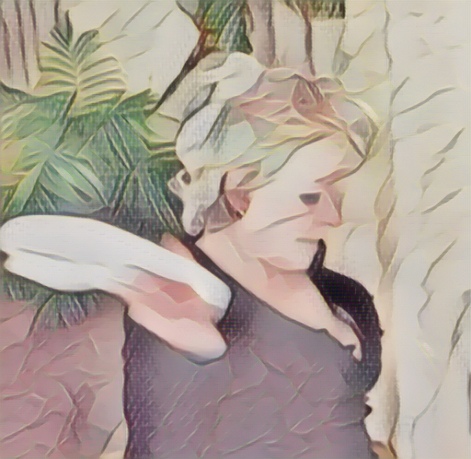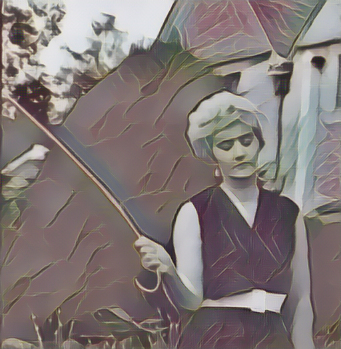And, of course, there were the boys—my companions in both mischief and merriment. We were a lively band, full of energy and invention, forever plotting new escapades and testing the boundaries of school rules. Each boy brought his own particular brand of mischief to the group, but all shared a certain loyalty to one another and, in our own way, to Matron herself.
With these characters assembled, our story unfolds in the halcyon days of the 1950s, at a rather proper preparatory school in the rolling countryside of North Yorkshire. The school itself was a grand old building, its stone walls echoing with the laughter and mischief of boys who, like myself, were brimming with energy and curiosity. Among the many characters who populated this world, none was more memorable than our matron—a figure both beloved and, at times, feared.
Matron was a woman in her early thirties, though her youthful appearance belied a formidable experience in the art of child management. She possessed a brisk step and a keen eye, and her presence in the dormitory or bathroom was enough to quell even the most spirited of escapades. Her affection for us was never in doubt, but neither was her resolve to maintain order. The rules were clear, and any boy who dared to transgress soon found himself on the receiving end of her well-practised discipline.
The bathroom, with its echoing tiles and the scent of soap, was a place of both camaraderie and peril. Should a boy be caught misbehaving—perhaps flicking water at a friend or engaging in some other forbidden tomfoolery—Matron would appear, slipper in hand, her expression a mixture of disappointment and resolve. The ritual was always the same: “Bend over, and touch your toes,” she would command, her voice firm but never unkind. The slipper, wielded with precision, delivered a sting that was both immediate and memorable.
In the dormitory, where whispers and giggles often lingered long after ‘lights out’, Matron’s remedy for nocturnal naughtiness was equally effective. The ordinary bedroom slipper, so innocuous by day, became an instrument of justice by night. Whether one was caught out of bed or found talking after hours, the punishment was swift and certain. Sometimes, she would have us bend over the end of our beds; at other times, it was the familiar toes-touching posture. The number of smacks was never less than six, and on particularly egregious occasions, could be considerably more.
I recall, with a mixture of pride and ruefulness, the night I received a record twenty-four smacks—having been caught three times in a single evening, each infraction compounding the tally. The sensation lingered long after, a warm reminder of Matron’s commitment to our moral education. The first set of smacks was a shock, the sting spreading quickly and bringing tears to my eyes. By the second set, my resolve was tested, and I bit my lip to keep from crying out. The final set was almost unbearable, each smack a sharp reminder of my misdeeds. Yet, for all her strictness, there was never a hint of malice in her actions. She was, in truth, a fun-loving soul, quick to laugh and generous with her affection, and we boys adored her for it.
My final encounter with Matron’s slipper came on the last night of my final term. There was a peculiar sense of occasion in the air, for it was not only my farewell to prep school, but also Matron’s last night in her post. She was to be married during the summer holidays, and in those days, matrons were required to be single, as their roles demanded residence within the school. As I bent over for that last, almost ceremonial, spanking, I felt a strange mixture of nostalgia and gratitude. For all the sore bottoms and stern words, Matron had given us something far more valuable: a sense of order, affection, and the knowledge that we were cared for, even in our most mischievous moments. The final smacks were delivered with a certain tenderness, a farewell gesture that left me with a lasting impression of her care and dedication.








